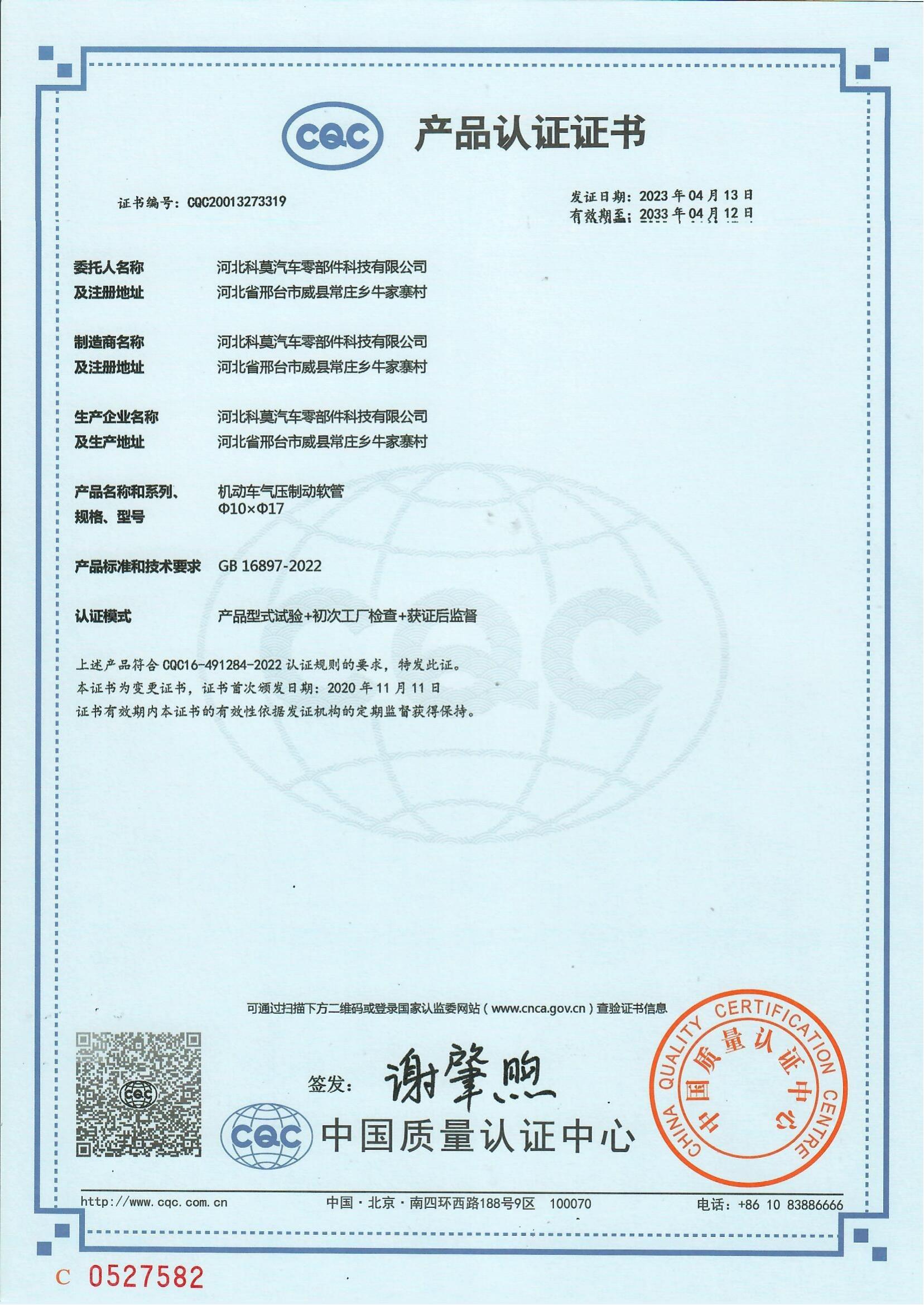Durable Hoses for Safe and Efficient Petroleum Transport
Nov . 27, 2024 04:43 Back to list
Durable Hoses for Safe and Efficient Petroleum Transport
Understanding Petroleum Hoses Importance, Types, and Applications
Petroleum hoses are specialized industrial hoses designed for the transfer of petroleum products, including fuels, oils, and other hydrocarbon-based liquids. These hoses are critical components in various industries, including oil and gas production, transportation, chemical processing, and even construction. Their ability to withstand extreme temperatures, pressures, and chemical compositions makes them essential for maintaining safety and efficiency in operations involving hazardous materials.
Importance of Petroleum Hoses
The significance of petroleum hoses lies in their ability to transport combustible and corrosive substances safely. With the rising global demand for petroleum products, the need for reliable and durable hoses has never been more critical. A failure or leak in a hose could lead to catastrophic consequences, including environmental damage, financial loss, and severe safety hazards for workers.
Petroleum hoses are engineered to meet stringent industry standards regarding performance and safety. They are designed to resist abrasion, weathering, and chemical attack, ensuring longevity and reliability. Furthermore, they play a pivotal role in compliance with environmental regulations, significantly reducing the risk of spills and leaks that could harm ecosystems.
Types of Petroleum Hoses
There are several types of petroleum hoses, each designed for specific applications and environments
. Here are some common types1. Fuel Hoses These hoses are used for transferring diesel, gasoline, and other fuels. They are designed to withstand the harsh chemicals found in fuel while preventing fuel vapors from escaping.
2. Oil Hoses Typically used in oil refineries and processing plants, oil hoses are engineered to handle various types of oil, including hydraulic oil, lubricating oil, and transformer oil.
petroleum hose

3. Chemical Hoses While not exclusively for petroleum products, these hoses are suitable for transferring petrochemical products and other hazardous materials. They provide resistance against corrosive chemicals, making them versatile in different industries.
4. Dock Hoses Used in marine settings, dock hoses facilitate the transfer of petroleum products between ships and storage facilities. They are designed to handle the unique stresses of marine environments, including saltwater corrosion.
5. Transport Hoses These hoses are utilized in transportation settings, such as tank trucks and railcars, to move petroleum products from one location to another. They are designed for easy coupling and decoupling, allowing for efficient loading and unloading.
Applications
The applications of petroleum hoses are vast and varied. In the oil and gas industry, they are used in drilling, refining, and distribution processes. Petroleum hoses are integral in transferring fuels at gas stations and fueling stations for aircraft, vehicles, ships, and heavy machinery.
Additionally, petroleum hoses are utilized in manufacturing facilities for processing and transferring raw materials. They are employed in hydraulic systems, where oil or fuel needs to be transported under pressure. In construction, these hoses are vital in fueling heavy equipment, ensuring seamless operation on job sites.
Conclusion
In summary, petroleum hoses are indispensable tools in the modern industrial landscape. Their ability to safely transport flammable and corrosive materials protects the environment, ensures compliance with safety regulations, and promotes operational efficiency. As technological advancements continue to evolve, manufacturers are developing more resilient and efficient petroleum hoses, reducing the risk of failures and enhancing safety.
Investing in high-quality petroleum hoses not only safeguards the health of workers and the environment but also contributes to the overall success of industrial operations. Industries must remain vigilant in maintaining and regularly inspecting these essential components to ensure their integrity and reliability in the ongoing journey of petroleum product handling.
